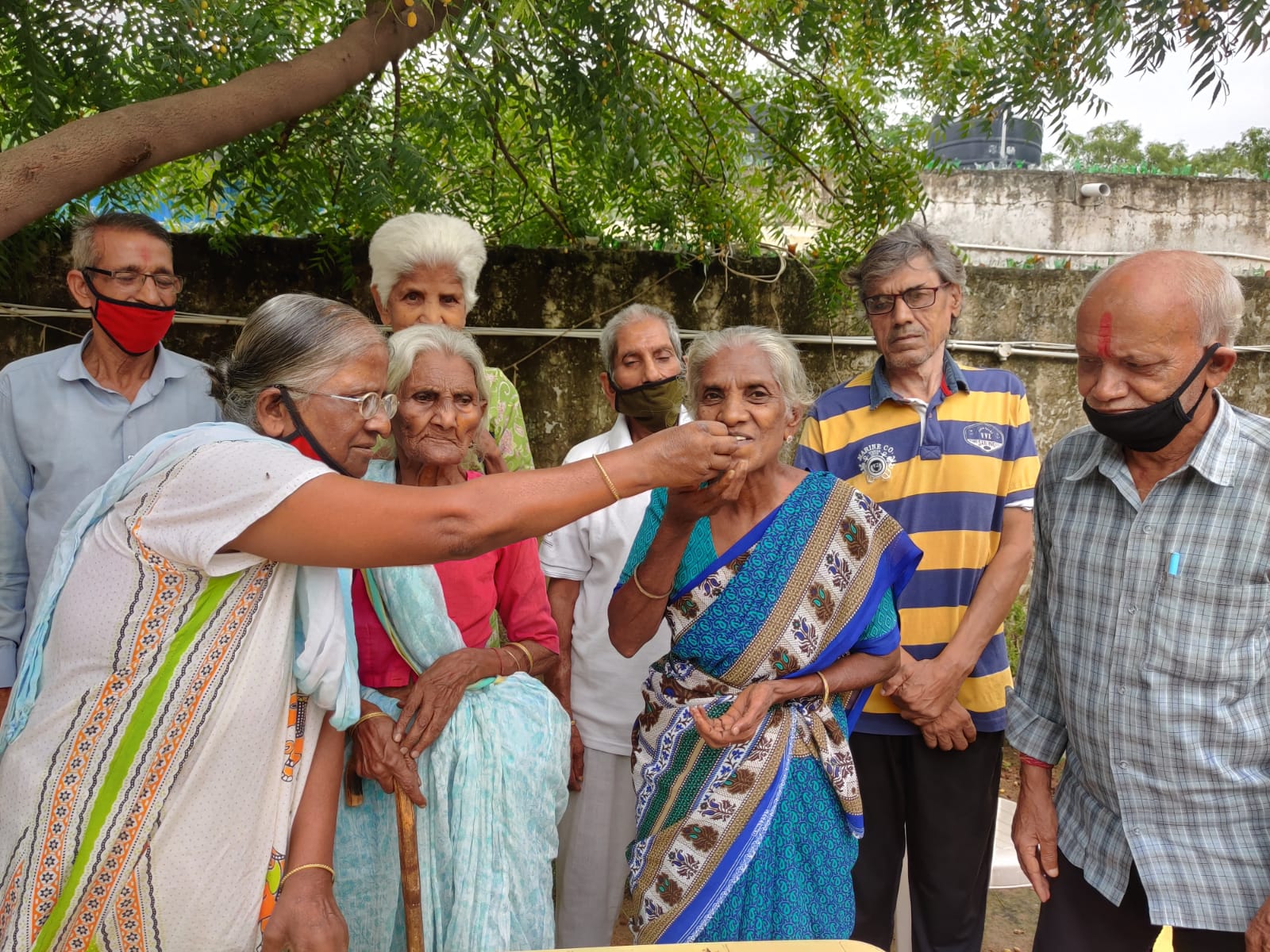Throughout the world, the proportion of old people is growing, while the attitudes of families towards their care are simultaneously changing. What were previously considered the normal results of ageing are being increasingly recognized as the result of illnesses, deprivation or externally or internally inflicted abuse, and therefore avoidable. Unlike developing countries, the developed ones have shown some success in reducing the level of incapacity in the elderly, with the exception of dementia, by improving their health when younger.
What is becoming increasingly understood is that the concept of mental health or ideas regarding the quality of life held by older people does not differ substantially from those of the younger generation. Furthermore, just as physical ill-health is detrimental to mental health, poor mental health also contributes to poor physical health. For example, evidence suggests depression as a risk factor for heart disease and since it is the most common mental disorder that the elderly suffer from (which is often overlooked), they require assistance in looking after their mental health to keep themselves physically fit.
Most Common Mental Health Issues Among the Elderly
An average of 20.5% mental health morbidity in older adults was indicated in a recent epidemiological study. It was also found that, at present, 17.13 million older adults (of the total population, 83.58 million) are suffering from mental health problems in India. Below are listed some of the most common mental disorders among the elderly along with their symptoms:
Depression
Older people with depressive symptoms have poorer functioning compared to those with chronic medical conditions such as lung disease, hypertension or diabetes. They may express their low mood through complaints about physical symptoms – especially pain. Confusion and forgetfulness are other common symptoms of depression in old age. Social factors often underlie depression in older persons, especially losses, difficulties in socialization which lead to isolation, and sometimes even boredom after retirement.
Anxiety
Anxiety, panic, and phobias disrupt the lives of 10% of older persons. Fear is a normal emotion, but sometimes it gets out of control and interferes with the ability to do even simple things. Anxiety is also often a sign of depression in older people and can amplify the physical symptoms related to low mood. The different types include generalised anxiety disorder, panic, phobias and obsessive-compulsive disorder. Cognitive behavioural therapy and drug treatments, including some which work on both anxiety and depression, can be useful in treating the same.
Dementia
Dementia is a syndrome, usually of a chronic or progressive nature, in which there is deterioration in memory, thinking, behaviour and the ability to perform everyday activities. It includes a range of terminal diseases including Alzheimer’s, vascular dementia, frontotemporal dementia, etc. A diagnosis of dementia must present deficits in cognitive functioning that disrupt everyday functions of living. Also, other primary psychiatric disorders like depression should be ruled out as the cause of such disruptions.
Impact of Covid on Mental Health of Elderly
Due to Covid, older adults experienced higher mortality, concerns about disruptions to their daily routines and access to care, difficulty in adapting to technologies like telemedicine, and concerns that isolation would worsen their existing mental health conditions. Approximately 8 months into the pandemic, however, studies have indicated that older adults may be less negatively affected by mental health outcomes as compared to other age groups.
Promoting Mental Health of the Ageing
To cope with Covid related stress, the elderly should be encouraged to keep in contact with loved ones, maintain regular routines, and learn simple daily physical exercises to do at home when in quarantine. They should not hesitate to ask family, friends or neighbours for support if needed and be taught to get practical help (like food delivery).
As with the other life-cycle stages, the older person’s values regarding their mental health should be respected and they should be encouraged to make decisions regarding their lifestyle by themselves. There will be individual and cultural differences across the world, but the principle remains the same – efforts to increase their options through improved physical health, supportive social conditions and opportunities for personal growth would promote improved mental health. It can also be improved by promoting active and healthy ageing. Ageist attitudes consider older adults as frail, unable to work, physically weak, mentally slow or helpless and serves as a social divider between the young and old, thus preventing their participation in society. Furthermore, age discrimination has a negative impact on the well-being of the elderly.
References:
https://www.who.int/news-room/fact-sheets/detail/mental-health-of-older-adults
https://www.ncbi.nlm.nih.gov/pmc/articles/PMC4381326/
https://www.ncbi.nlm.nih.gov/pmc/articles/PMC3339228/
About the Author


Kavya Chugh is a second-year college student pursuing Psychology Hons. at Kamala Nehru College, DU. She is passionate about writing among other things such as dancing and singing and is currently also working on her own novel. An equally ardent change-maker, she has been volunteering with Wishes and Blessings since June 2021 and wishes to contribute to society through both her actions and words.

